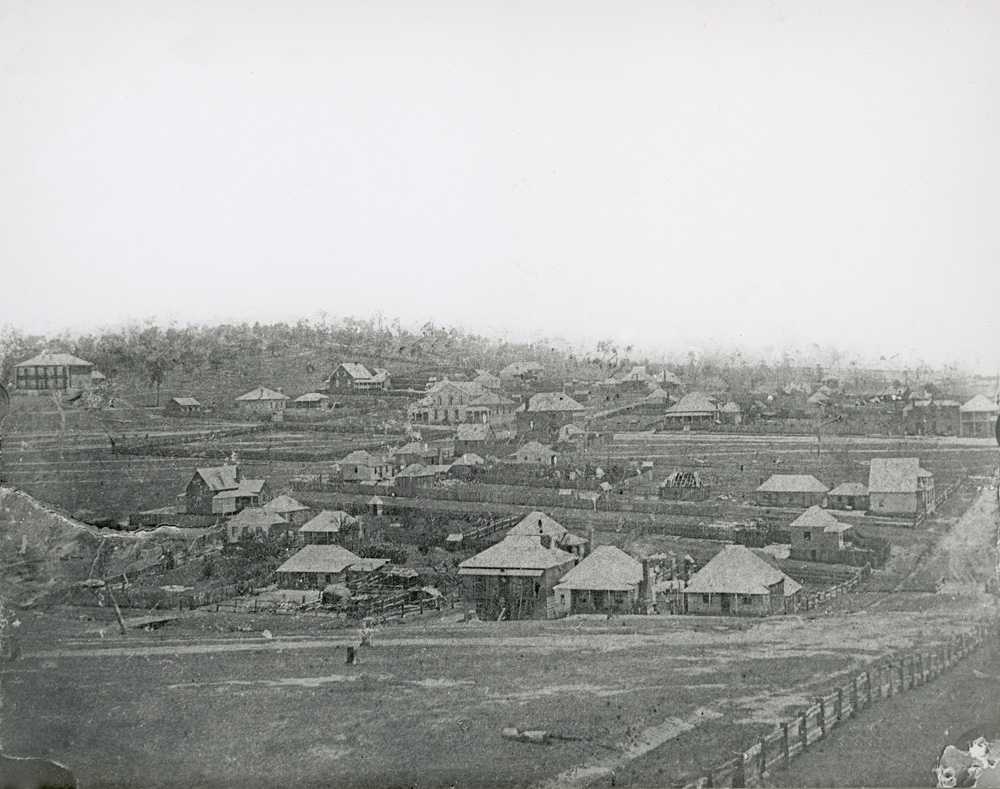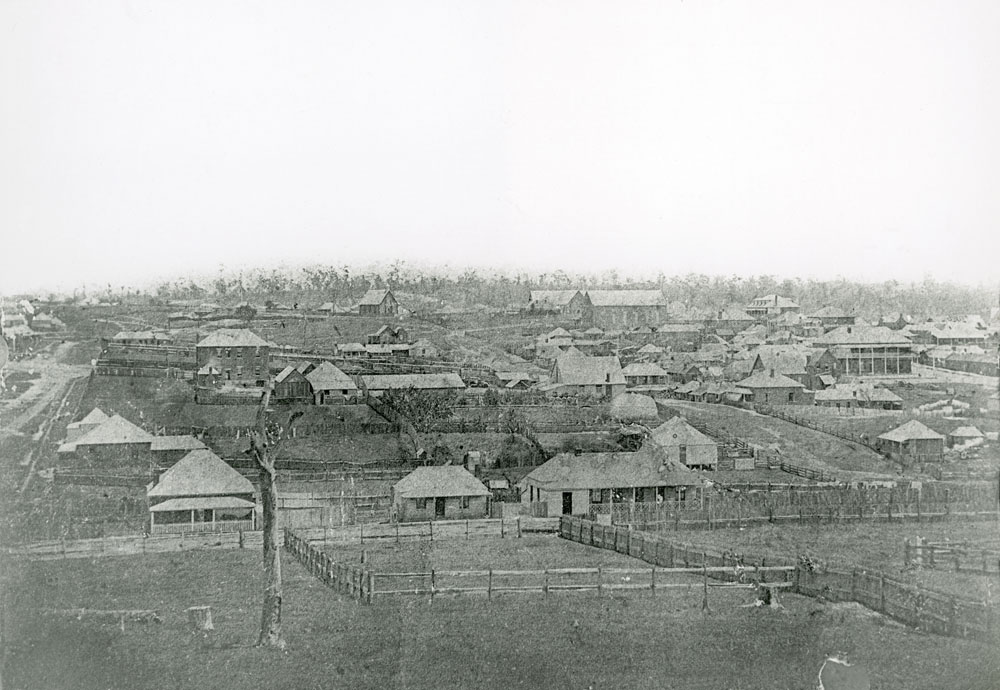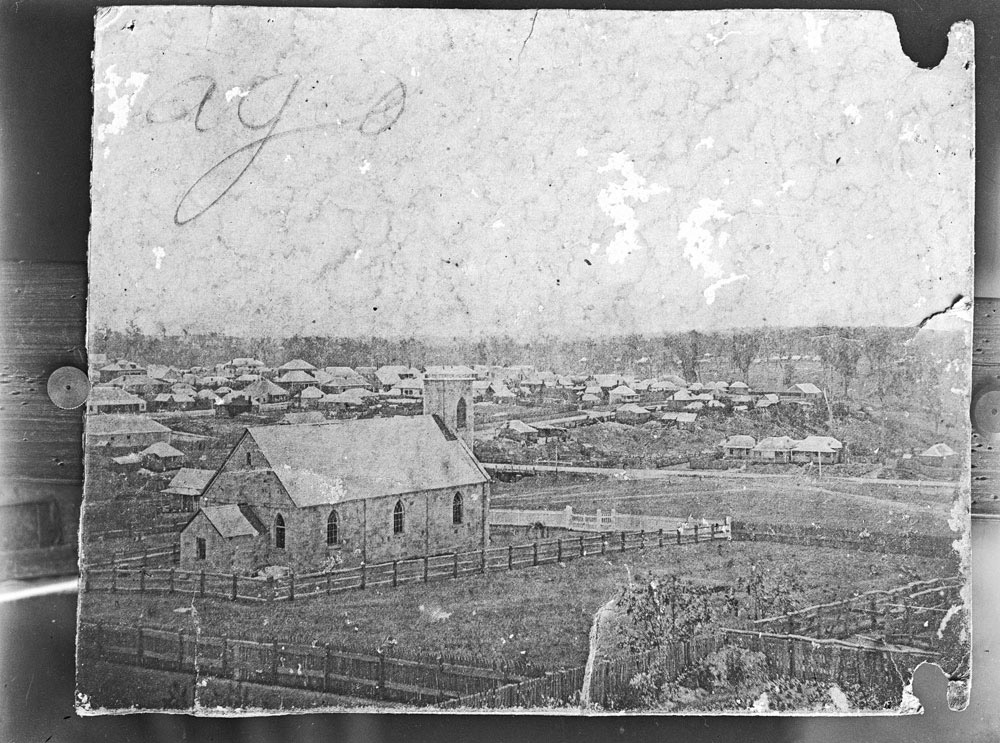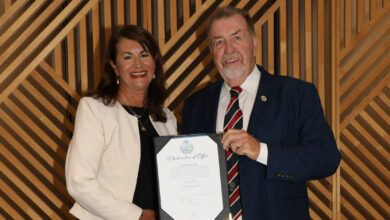“I, Sir George Ferguson Bowen, the Governor of Queensland, in pursuance of the provisions of the [Municipalities] Act, and with the advice of the Executive Council, do, by this my Proclamation, declare that the Town of Ipswich shall be a municipality within the meaning of the Act.
And I do, hereby, with the advice aforesaid, declare and direct that such Municipality shall be called by the name of “The Municipality of Ipswich”.
Given under my hand and Seal at Government House, Brisbane, this second day of March, in the Year of Our Lord one thousand eight hundred and sixty, and in the twenty-third Year of Her Majesty’s Reign. God Save the Queen!
With these words, published in the Queensland Government Gazette on the third of March 1860, Ipswich formally began its journey as a city, and confirmed its place as a thriving economy of the Queensland Colony.
The formality of the words belies the drama that had taken place in the months and years leading up to the event.
In 1858, the Town of Ipswich was a rapidly developing part of the Colony of New South Wales. It had established river and road links with Brisbane, coffee houses, bathing facilities, banks, an established mining and manufacturing sector, and had more than doubled in population over the past 10 years.
The New South Wales Municipalities Act of 1858 allowed for towns and villages to seek to be recognised as municipalities, noting their importance in the lives of their community.
Image: The second panel of a panoramic view of Ipswich taken about 1862. Photo from F.A. Whitehead & Sons images, courtesy Picture Ipswich.
One month after the law was passed, Ipswich saw its first meeting of residents in the Court House to approve a petition to the New South Wales Governor to proclaim the Town of Ipswich as a municipality.
The movement was a controversial campaign at the time. At the first residents’ meeting, the Chair, police magistrate Colonel Charles Gray, set the tone by declaring the movement for a municipality was “second in importance to separation”, or of the movement at the time for Queensland to be created as its own colony.
Much of the conversation at that first meeting centred on concerns that residents’ rates payments could be absorbed in management costs of running the municipality.
The leading supporter at the first meeting, Charles Chubb, argued strongly for a ward based model, while Benjamin Cribb forcefully proposed a non-ward model, arguing that all councillors should be elected for the whole community. Unable to reach agreement, residents agreed to consider it further in January 1859.
Both sides organised strongly in the meantime and the second meeting was closed after what was called “a general uproar” meant no agreement could be reached.
A third meeting went the same way, with municipality supporters walking out in protest. Even without them the subject was so controversial that opponents of the move could not agree and the meeting was closed without result.
The subject was not further debated until October 1859, when agreement was reached on the wording of a petition to the Governor. The 91 petitioners who signed that document included many of the names that still live in the community – Forbes, Kilner, Bostock, Chubb, Overell and Eggleston, among others.
Image: St Stephen’s Presybterian Church, Ipswich about 1862. Photo by Whitehead Studios, courtesy Picture Ipswich.
That petition was received by the Governor of New South Wales on 16 November, 1859, two weeks before the proclamation of the Colony of Queensland.
A counter-petition was quickly arranged, attracting more signatures initially – 109 in all, becoming one of the first documents to be received by the new Governor of Queensland, Sir George Bowen on 3 January 1860.
That document stated that “the incorporation of the Town of Ipswich at the present conjuncture would be impolitic and injurious to the interests of the inhabitants”.
Whatever the strengths of the “no campaign’s arguments”, Governor Bowen accepted a revised petition from municipality supporters, containing 81 signatures. He wasted no time in taking advice and making up his mind, with the decision to declare Ipswich a municipality taken on 2 March and gazetted on 3 March, 1860, 163 years ago today.
Further information on the fascinating history of early Ipswich can be found at Picture Ipswich in a document marking the centenary of the city.
Have a look at some of the other fascinating Picture Ipswich links:
- Ipswich 150 Commemorative Council Meeting
- 155 Years of Municipal History
- John Murphy, Ipswich’s first Mayor
- Ipswich City Council meeting 1960
- Notice for 100th Anniversary
Happy 163rd birthday, Ipswich!




